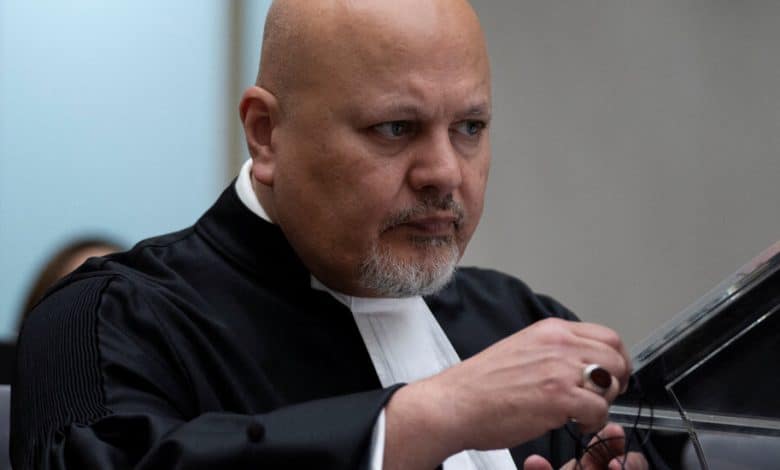What to Know About the I.C.C. Prosecutor’s Request for Warrants for Israeli and Hamas Leaders

The prosecutor of the International Criminal Court said on Monday that he had requested arrest warrants for war crimes and crimes against humanity for Prime Minister Benjamin Netanyahu of Israel and the leaders of Hamas. Here’s a closer look at the court and the warrant.
Why did the International Criminal Court prosecutor request the warrants?
The court’s prosecutor, Karim Khan, said in a statement that he was applying for arrest warrants for Yahya Sinwar, Mohammed Deif and Ismail Haniyeh of Hamas because he had “reasonable grounds to believe” that they were responsible for war crimes and crimes against humanity, which included “the killing of hundreds of Israeli civilians” in the Hamas-led Oct. 7 attacks in Israel, and the taking of at least 245 hostages.
Mr. Khan said that the Hamas officials “planned and instigated the commission of crimes” on that day, and that they “have acknowledged their responsibility for those crimes” through their actions, such as personal visits to hostages shortly after their kidnapping.
Mr. Khan also said that he had requested arrest warrants for Mr. Netanyahu and Israel’s defense minister, Yoav Gallant, because he believed they bore responsibility for war crimes and crimes against humanity, including the starvation of civilians as a weapon of war and “intentionally directing attacks against a civilian population.”
Mr. Khan said that these crimes were committed “as part of a widespread and systematic attack against the Palestinian civilian population.” He also said that in his office’s view, some of the crimes “continue to this day.”
What is the International Criminal Court?
The International Criminal Court is the world’s only permanent international court that can prosecute individuals accused of war crimes, genocide and crimes against humanity. It was established in 2002 to investigate those crimes under a 1998 treaty known as the Rome Statute. Before that, the United Nations Security Council had set up dedicated tribunals to address atrocities in places like the former Yugoslavia and Rwanda.